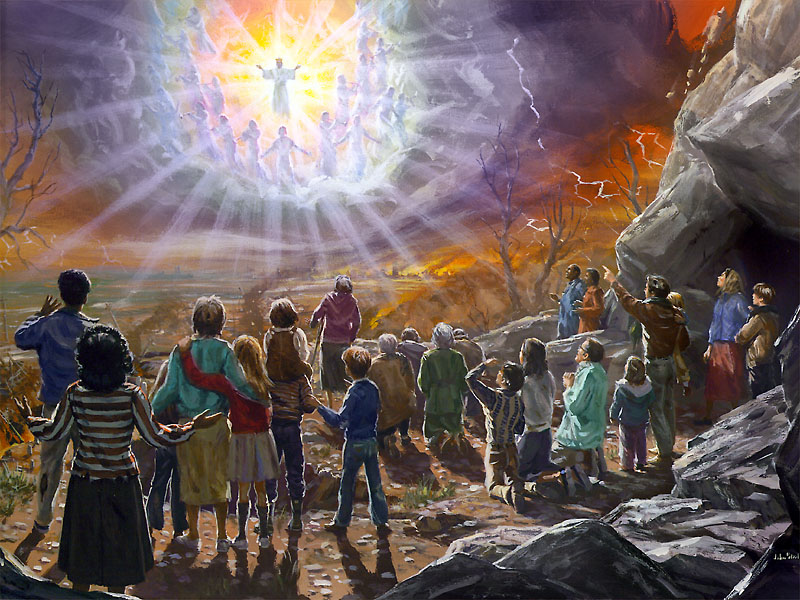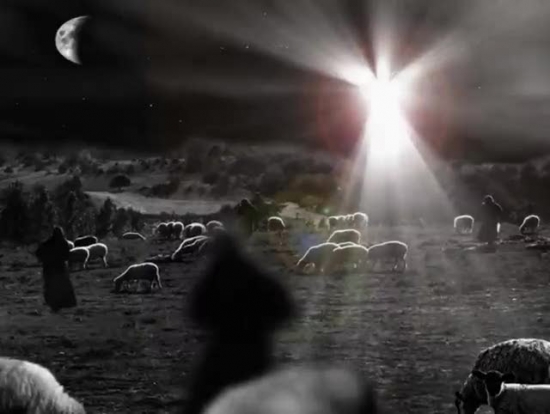A Living Sacrifice

In Romans 12:1, the Apostle Paul says,
“I beseech you therefore, brethren, by the mercies of God, that ye present your bodies a living sacrifice, holy, acceptable unto God, which is your reasonable service.”
Paul here is strongly urging, to the point of begging, believers to give themselves to God in worship, using the analogy of Old Testament sacrifices in the Temple.
The difference is that the animals that were sacrificed in the Old Testament had their lives taken from them by the priest, while here, God is giving us the choice about whether we give our lives to Him or not.
Also, the sacrifice that Paul references is not that we literally kill ourselves for God, but that we be a “living sacrifice,” remaining alive physically, but dying to our own will spiritually.
The message for us here is that we are to become a “slave” to God, doing only what He desires for us.
Jesus taught many times that following Him would require sacrifice and loss and that we should expect to be hated by the world. But what we lose on earth as we follow Christ is nothing compared to the value of the spiritual riches we gain in being His disciple.
What are you willing to sacrifice in following Christ?

 Although most consider the hymn, Joy to the World, to be a Christmas carol, the song was actually intended to be a song about the Second Coming of Christ.
Although most consider the hymn, Joy to the World, to be a Christmas carol, the song was actually intended to be a song about the Second Coming of Christ.






